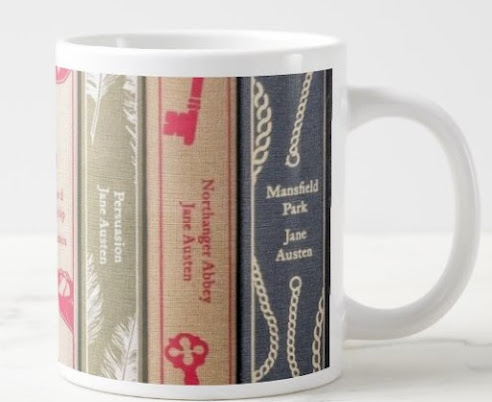Here's another one that is old enough to have been rendered into an 1888 German postcard. The old/young woman illusion is sometimes titled "My wife and my mother-in-law."
I find if I look at these types of pictures for too long, I start to feel a bit dizzy, as my perspective keeps slanting to see it first one way and then the other. Perhaps that's what Calvin's cubism experience is meant to represent -- that feeling of dizziness -- one can experience when shifting perspectives.
Calving opts to drop the dizziness in favor of dogmatic certainty. In that way he reminds me of the figure of Dilke in the matter in which he is immortalized in John Keats' famous "Negative Capability" letter: "I had not a dispute but a disquisition with Dilke, upon various subjects; several things dove-tailed in my mind, and at once it struck me what quality went to form a Man of Achievement, especially in Literature, and which Shakespeare possessed so enormously - I mean Negative Capability, that is, when a man is capable of being in uncertainties, mysteries, doubts, without any irritable reaching after fact and reason."
In truth, most people go through life with a Dilke-like attitude that averse to being at all uncertain. There is great satisfaction in finding certainty due to the mental relief it brings. However, there are many things that are really not all fixed as either old or young, duck or rabbit. Forcing only one designation on them actually distorts the truth of the image by telling only half the story. But that is exactly what many people do in their adoption of dogmas: at a particular point in their lives, they chose the equivalent of "Team Duck," and will forever vehemently oppose "Team Rabbit" as evil incarnate for pushing a false agenda. Any reasoned approach to point out that the picture has elements of both will be ignored or refuted by repetition of the assertion, "This is a duck; everyone who has any sense agrees it's a duck. You have to be really stupid or possibly insane to claim it can be a rabbit."
That's my view of political affiliations and self-affixed labels; they lock people into only one way of seeing things. While insisting they have the answers that settles everything, they have not even begun to comprehend the questions.




